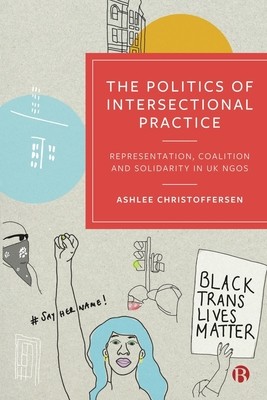
- We will send in 10–14 business days.
- Author: Ashlee Christoffersen
- Publisher: Bristol University Press
- ISBN-10: 152923610X
- ISBN-13: 9781529236101
- Format: 15.6 x 23.4 x 1.4 cm, minkšti viršeliai
- Language: English
- SAVE -10% with code: EXTRA
Reviews
Description
It is increasingly recognized that, to achieve social justice, policies and organizations need to apply an intersectional approach, rather than addressing inequalities separately. However, intersectionality is a challenging theory to apply, as policy makers and practitioners often navigate the confines of divided policy areas.
This book examines the use of intersectionality in UK policy and practice, with a specific focus on NGOs, outlining five distinct interpretations of intersectional practice and their implications.
Drawing from extensive fieldwork with a diverse range of equality organizations, this book offers invaluable insights into how policy and practice can be organized in more (and less) intersectional ways.
EXTRA 10 % discount with code: EXTRA
The promotion ends in 23d.22:46:08
The discount code is valid when purchasing from 10 €. Discounts do not stack.
- Author: Ashlee Christoffersen
- Publisher: Bristol University Press
- ISBN-10: 152923610X
- ISBN-13: 9781529236101
- Format: 15.6 x 23.4 x 1.4 cm, minkšti viršeliai
- Language: English English
It is increasingly recognized that, to achieve social justice, policies and organizations need to apply an intersectional approach, rather than addressing inequalities separately. However, intersectionality is a challenging theory to apply, as policy makers and practitioners often navigate the confines of divided policy areas.
This book examines the use of intersectionality in UK policy and practice, with a specific focus on NGOs, outlining five distinct interpretations of intersectional practice and their implications.
Drawing from extensive fieldwork with a diverse range of equality organizations, this book offers invaluable insights into how policy and practice can be organized in more (and less) intersectional ways.


Reviews